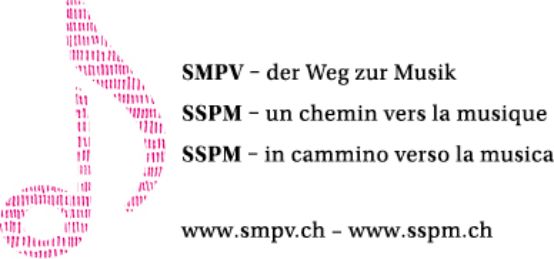Specialist areas in the SMPV
An important task of a music education association is to offer the members of the individual specialist areas a structure within the association through which they can network and within which they can exchange information on subject-specific issues. This structure must be re-established within the SMPV.
When the SMPV still offered private professional training, subject-specific issues were discussed in the Professional Training Commission and there were specialist groups that supported the Commission and organized the specialist conferences.
Unfortunately, this structure was handed over to SAMP/Kalaidos with the vocational training. That is why we now have to rebuild it.
The following subject areas are planned for the time being: Keyboard instruments, strings, wind instruments, singing, plucked instruments, percussion, pop/jazz.
Organizational matters
Each department is managed by a Presidium which, together with two to four colleagues, manages the Head of department forms. All SMPV members of a particular specialist area together form this Department.
The task of the presidium is to plan and chair meetings of the division heads. The task of the department heads is to discuss which activities they want to offer the members of the department, to organize and carry them out alone or in cooperation with a section or to find answers to subject-specific questions posed by the Central Committee, such as "Should violists automatically be allowed to offer violin lessons on mein-musikunterricht.ch, or what additional qualifications do they need to have?" Meetings can take place in person or online. Presidiums and department heads are compensated with an attendance fee.
Content
Department heads can organize a convention of the department or a specialist conference. Or perhaps a "regulars' table" would be more suitable. Together with the department, you can compile a list of teaching or specialist literature that is made available to all members. Or you want to arrange tandem teaching and collegial supervision. Anything is possible.
We are looking for
committed, interested, imaginative and team-oriented colleagues with organizational talent who would like to get involved in the departmental management. If you can imagine helping to get the SMPV moving in a subject-specific way, or if you have any questions, please contact me at marianne.waelchli@smpv.ch or 077 495 75 20. A committee for the strings has already been found, the vocal department management already consists of three people. I will continue to ask colleagues, but I hope that you will have the courage to get in touch if you are interested in such a position!






 The model was submitted for consultation this February and everyone is invited to comment on it.
The model was submitted for consultation this February and everyone is invited to comment on it.